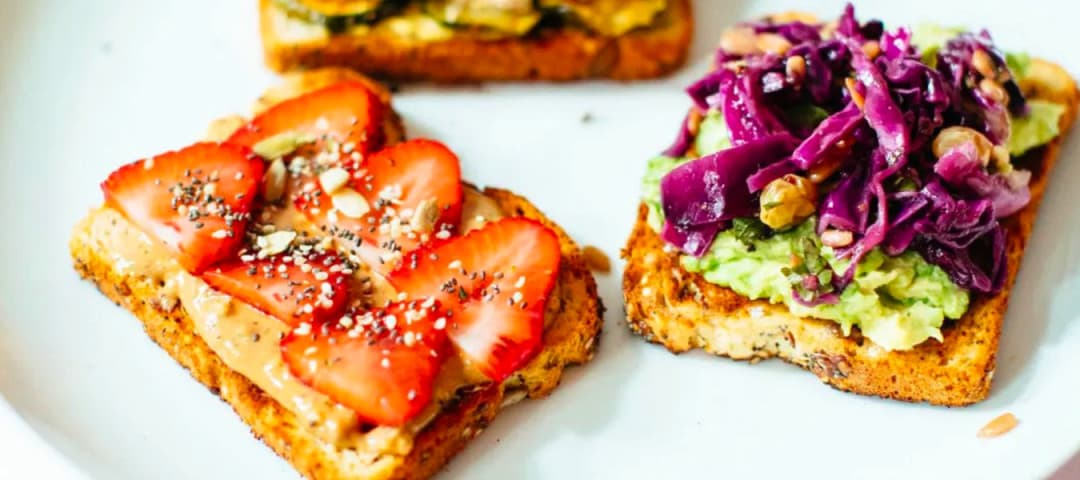Cravings and snacking every now and then is a very common habit, especially when we have such busy routines. However, it might also be a way for your body to communicate possible imbalances. Sometimes, you only need a break or a glass of water.
Below we've collected a few tips to help reduce food cravings and start listening to your body.
- Aim to eat nutritionally balanced meals. Foods with protein and fibre provide longer-lasting satisfaction.
- Avoid long stretches of not eating. Eat a nutritious meal or snack every 3-4 hours during the day. Waiting too long to eat be-cause you are busy or distracted may only lead to stronger hunger when you do eat and the risk of overeating. Also keep in mind that if your bedtime is more than 4 hours after you’ve finished dinner, you may feel hungry again; to avoid snacking late night which can disrupt sleep, try to go to bed earlier when possible.
- Avoid choosing hyper-palatable or ultra-processed snacks-that are high in sodium, fat, sugar, and calories but low in nutrition. These are the types of foods that trigger the brain reward pathways and cause cravings to eat more. Choose satisfying, less-processed snacks like fresh fruit, a handful of nuts, or a cup of low-sugar yogurt.
- Limit environmental cues to eat, such as scrolling through social media posts about food and watching television cooking shows. In an office setting, detour away from the candy bowls and platters of bagels and treats that may be sitting in the break room.
- Food cravings are sometimes learned behaviours that are associated with an event or environment, such as craving potato chips while watching late-night television. If so, research suggests that it is possible to “unlearn” the behaviour and reduce the craving by avoiding the food completely for an extended time. In addition, you can try changing the association by changing your evening routine with a different activity like listening to an audiobook or podcast.
- Practice mindfulness when sensing a growing craving. Ask yourself if you are stressed, bored, angry? If so, try instead doing breathing exercises, talking a brisk 5-10 minute walk, listening to a meditation app or podcast, or playing a few favourite songs. If you can distract yourself from eating for about 5-7 minutes, the craving may subside.Try other dopamine-inducing activities such as taking a walk in nature on a sunny day, dancing, or watching a funny video and laughing aloud!
Other factors at play
- Adequate sleep helps regulate metabolic functions; a lack of sleep is linked with imbalances in leptin and ghrelin levels.
- Certain medications like antidepressants and antipsychotics can increase appetite and weight
- Hormonal fluctuations during the menstrual cycle. When estrogen levels are low and progesterone is high, one may feel increased cravings.


